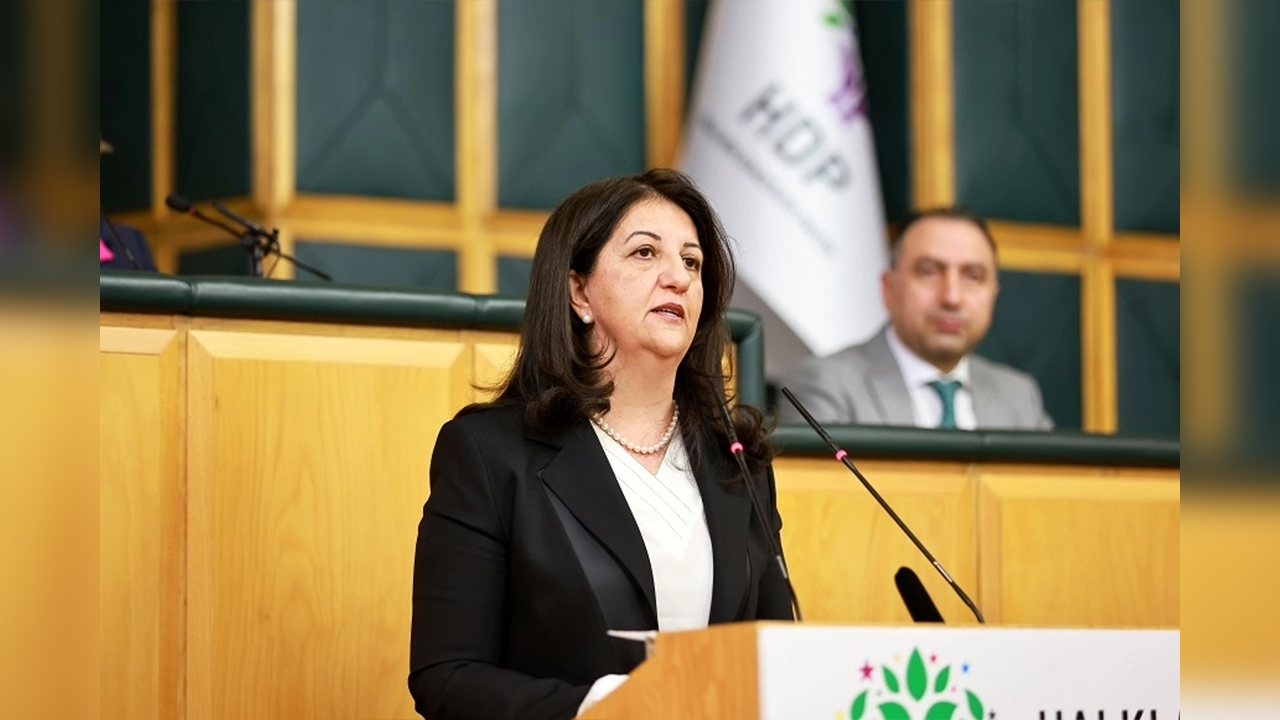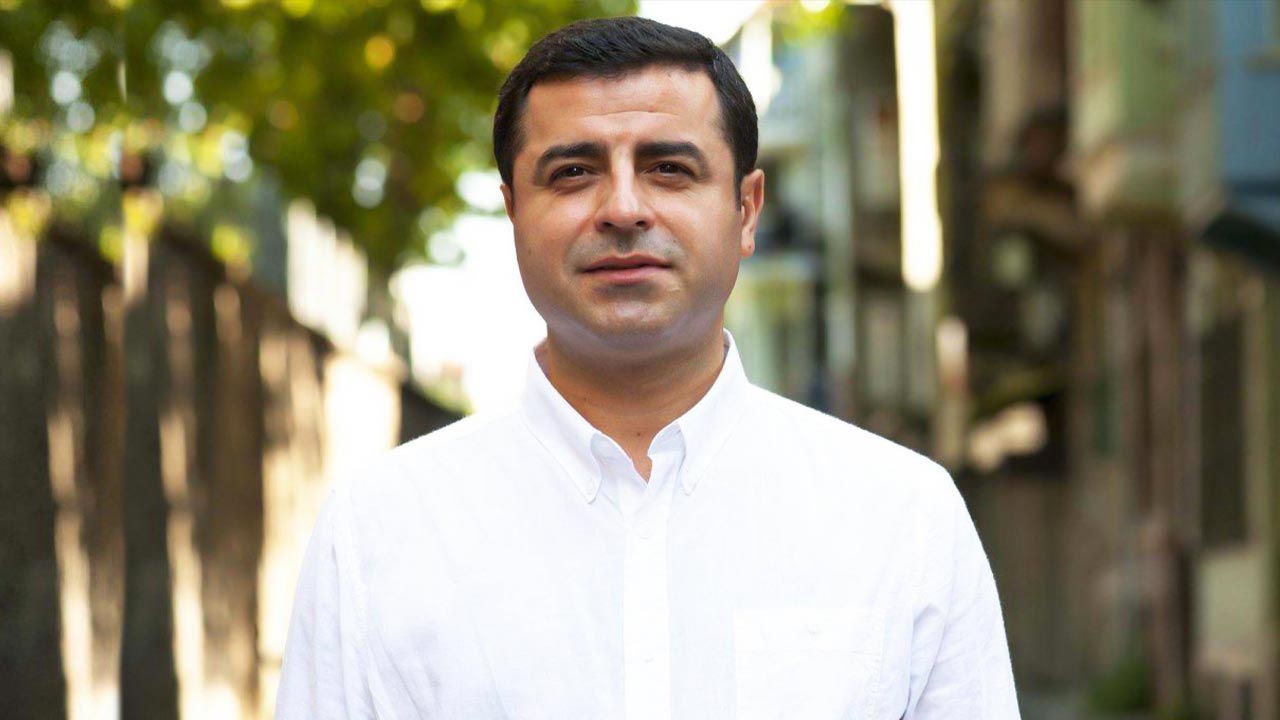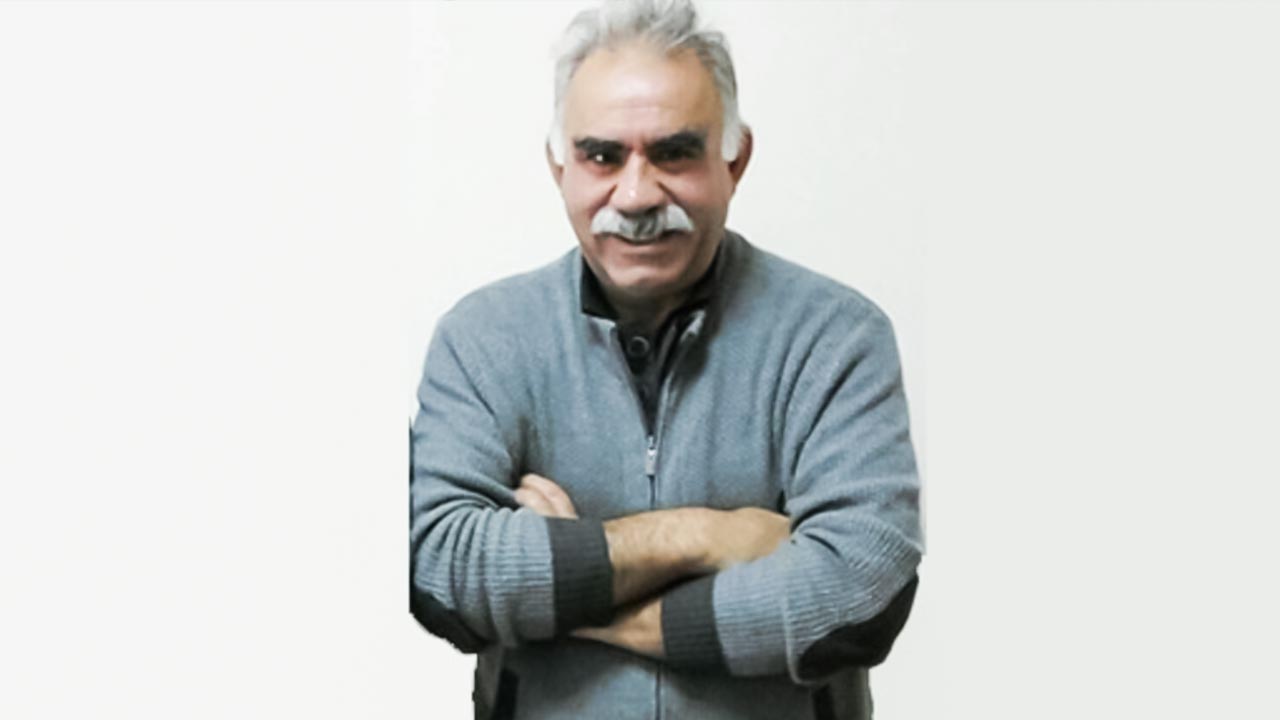Matt Broomfield
Parliamentary immunity is one cornerstone of a functioning parliamentary democracy, but Turkish prosecutors have long sought to chip away at this fundamental right. In the decades following the establishment of the Constitution of the Republic of Turkey in 1961 in the aftermath of the previous year’s coup d’état, Turkish prosecutors made 2,713 requests to suspend the immunity of 1,151 deputies. Albeit only 29 requests were granted, it is clear the right to speak and act freely as an elected political representative in Turkey has long been under threat.
Infamously, 1991 saw parliamentary immunity stripped from Kurdish MPs who had dared to wear headscarves or pocket-squares in the Kurdish red, green and yellow colours. Those MPs spent ten years in prison, and the following years have seen the increasingly aggressive pursuit of primarily Kurdish MPs by Turkish prosecutors under the effective control of the government. In 2016, Turkish MPs happily voted through a measure to strip their own parliamentary immunity, with a two-thirds majority meaning Turkish voters were not given the option to counter the move in a referendum. Arrests followed that same year, targeting a dozen members of the pro-Kurdish, pro-minority rights People’s Democratic Party (HDP).

Now, proceedings that seek to lift the legislative immunity of another 25 opposition deputies, including 21 from the HDP, have arrived in the Turkish Assembly. HDP Co-Chair Pervin Buldan is among the HDP deputies who face losing immunity, along with 20 other members of her party, plus some MPs from other opposition parties who have dared to criticise the government’s alleged use of chemical weapons in social media posts, among other nominal offences.
As the HDP said in a statement on the sixth anniversary of those 2016 arrests, the government’s stripping of parliamentary immunity and subsequent court cases against HDP members are “planned and realised politically… aiming to eliminate our party and democracy… the judiciary has been used as an apparatus for that coup.” Such measures do not only harm the HDP – which is now facing judicial procedures intended to ban it outright ahead of next year’s crucial elections – but futher corrode Turkey’s democracy as a whole.

The Kurdish political movement in all its manifestations – whether civil society activism, sporting Kurdish colours, speaking the language, voting for the HDP, the armed conflict in the country’s south-east, or the establishment of Kurdish-led direct democracy across the border in North and East Syria – is constantly tarred by the Turkish authorities with one single, broad brushstroke, namely the ‘terrorism’ label. In reality, this is a diverse political, cultural and social movement supported by millions of Turkish citizens, whose methods are overwhelmingly peaceful.
By blocking off the parliamentary route, it is Turkey which leaves one wing of the Kurdish movement with no choice but to continue their conflict with the Turkish Armed Forces – albeit the conflict is now almost exclusively confined to mountain ranges deep in Iraqi Kurdish territory, following a withdrawal which took place as part of a ceasefire agreement reached during the collapsed 2013-2015 peace talks.
If the governing authorities were serious in seeking a peaceful settlement with the Kurdish movement, they would not continue preventing legitimate Kurdish representation through all means at their disposal, from violent voter suppression to current attempts to ban the HDP outright to pursuing criminal proceedings against a colossal 40% of rank-and-file HDP members. They padlock the ballot box, and cry foul if the opposition turns to the bullet.

Despite this, the Kurdish movement’s political representatives remain determined to seek a peaceful and negotiated settlement. Many choose to remain in the country even when they know they are likely to face long jail sentences, abuse, torture or death, because they are committed precisely to those values of democracy, justice and rule of law that the Turkish authorities claim they want to overthrow. It is not the Kurdish movement which poses a threat to what remains of Turkish democracy – rather, it is the Erdoğan government itself.
Matt Broomfield is a freelance journalist, poet and activist. He writes for VICE, Medya News, the New Statesman and the New Arab; his prose has been published by The Mays, Anti-Heroin Chic and Plenitude; and his poetry by the National Poetry Society, the Independent, and Bare Fiction. His work was displayed across London by Poetry on the Underground, and he is a Foyle Young Poet of the Year.










